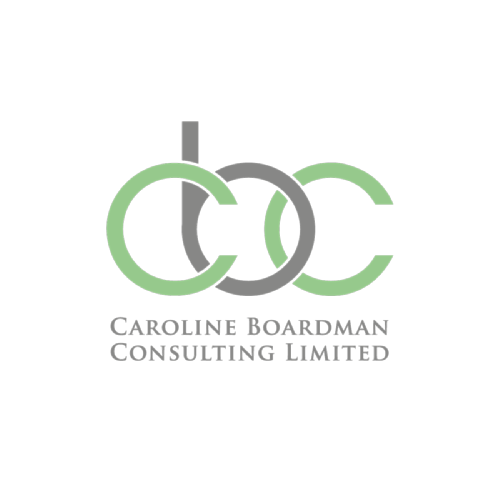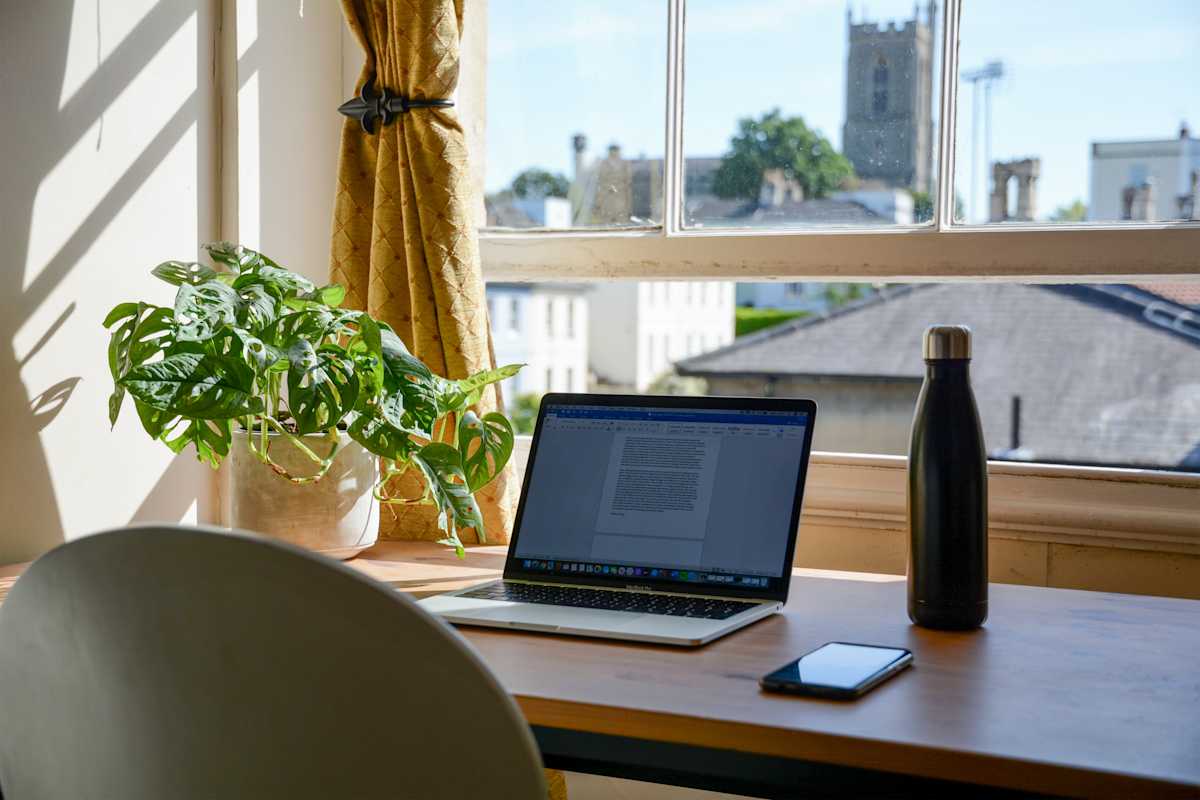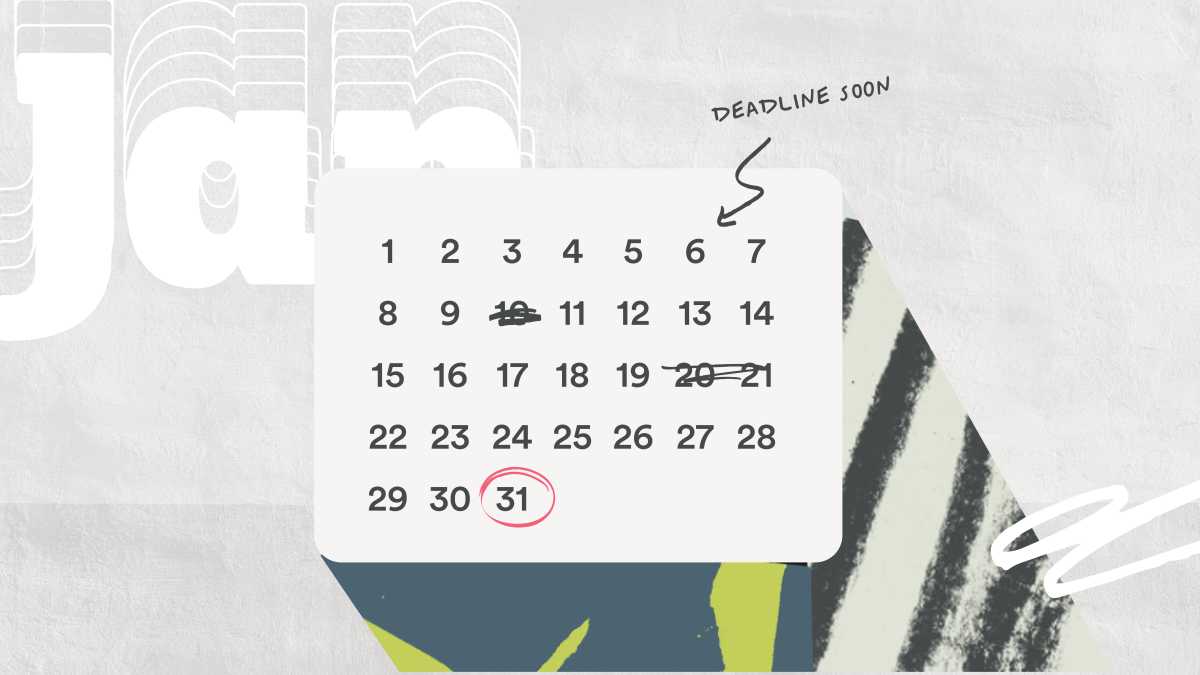From registering your business when you first start out, to accounting software and tax returns, here are some handy tips on getting your finances ready.
Getting started
Before you jump straight into your finances, there are a few things you need to get sorted. This is for if you’ve just set up your own business, and are essentially starting your financial journey from scratch.
1. Get a separate bank account for your business
Once you see it written down, it seems obvious, doesn’t it? Doing this one simple thing will make running your business so much easier.
If you are a sole trader you don't need to have a business bank account, it can simply be a separate current account. But it is a legal requirement if you’ve set up a limited company.
Whichever bank account you use for your business, have the details of this on your invoices. Have all of your business direct debits and standing orders coming out of this account and use it only for your business-related expenses.
Pay yourself a ‘wage’ out of this account. The best practice is to have a set amount on a set date. As time goes on and if things are going well, reward yourself with a bonus, or you could give yourself a pay rise.
2. Register your business
As a sole trader, you will need to register your business with HMRC by 5 October the year that you start working for yourself. You will need to keep records and file a Self Assessment tax return for each tax year by the following 31 January.
However, for peace of mind and to save yourself stress, it’s worth getting a quote from a few accountants – it might be more affordable than you think.
If you are keen to trade through a limited company, you will need to register with Companies House and HMRC and will need to pay corporation tax.
The day that you register is the day your company is incorporated. It can’t be backdated but you can set it up before your trading start date.

"There is so much more to consider with a limited company and I would highly recommend both getting an accountant and using cloud accounting software for a limited company."
Budget planning
Next step on your journey is planning! Understanding your cash flow and having a clear view of your incoming bills, and expenses is important.
1. Know your cash flow
Knowing your cash flow means you can make better financial decisions for your business. According to EasyBooks, not only does it help you understand where you’re spending money, but also means you can expand your business when you’re ready.
Software like FreeAgent (more on them below) has a cash flow feature that can help you better understand where your money is coming from and going. It calculates the money coming in and going out of your business across a 90-day window to provide a measure of your business’s health and show you a projected future balance. You can read more about it here.
2. Sorting out your receipts
Staying on top of all your paperwork can be daunting. But when it comes to categorising payments, generating invoices and matching receipts to invoices, then Mettle can help.
Prepare for tax
Part of being a business owner is having to handle tax. There are a host of different accounting software out there dedicated to helping you get tax-ready. And making sure you’re aware of your cash flow and categorising and saving your receipts could help too.
1. Get some cloud accounting software
There are lots of options and they all have plenty of pros and cons. Find one that suits your sector and size of business.
You can use cloud-based software from any device with an internet connection. With online accounting, small business owners can stay connected to their data and their accountants.
Everything is run online, so there’s nothing to install and everything is backed up automatically.

"My preferred software for my clients is FreeAgent. It’s user-friendly, intuitive and perfect for freelancers and small businesses."
It’s worth investing in the right software from the start and most providers and many accountants provide free training. It will save you loads of time in the long term.
2. Find an accountant who is a good fit
But you don’t have to go at it all alone if you don’t want to. Some accountants specialise in different business types, budgets and needs.
When you reach out to them, take note of their reply and how long it takes them to get back to you. When you do talk to them, think about if you get on with them and do you feel comfortable asking them all and any questions you have. At the end of the day, you need to trust them.
Here are some other things to consider:
Does it matter to you whether they live near you? Obviously, most things can now be done online but you may want to meet them in person.
Do you want them to have an office? You may want an office address to use as your registered office. You may want to know where you will meet them. It may not matter at all and may be more important to keep the costs down and have a dedicated individual to speak to about your finances.
What software do they use and recommend? Do they partner with the software provider? Do they provide training and support and how much does it cost?
What is their fee structure? Is it a set fee per service or will they charge you by the hour? How will you pay? Do they offer payment plans or is it just an invoice at the end of the year?
Plan ahead
Write down a plan. It doesn’t have to be particularly detailed, just set yourself some clear and achievable goals for the year ahead. Do this each year.
Think about:
Creating a budget and cash flow forecast. Find a template you can work with or discuss with your accountant.
What do you actually need to earn? I like to work backwards from what I need, it’s a good starting point.
Will you work full or part-time?
How much available time do you have to work? Figure out how much you can earn in half of that time.

"When I started my business, I naively thought I could devote 90% of my working time to billable work and 10% to admin. Be careful here, I find it's more like 50% billable time and 50% everything else (admin, social media, marketing, planning, networking, accounts – working on your business)."
Non-Finance ‘must-do’ list
Besides the financial side of running a business, there are some non-finance things you need to consider.
Marketing
Where is your target market? Who is your ideal customer?
How are you going to communicate with all of these potential customers?
Do you have a website, Facebook page, LinkedIn profile, X (formally known as Twitter) and Instagram accounts? Do you need them all immediately?
Networking
Where will you network? Online and offline?
Company mission and values
Do you have a mission? Core values and brand identity?
Why are you doing this? Who do you want to work with?
Work ethic
Are you prepared to work more than ever before? Is there any help you might need to allow this?
It’s really good to find a network of like-minded business owners, local or online that you can call “your tribe”. They can help you to build and grow your business and support you along the way.
Find out more about Caroline’s business or her Organised Entrepreneurs Club. You can also connect on Facebook, Instagram and LinkedIn. You can read the original piece and more advice tips and tricks, on her blog.
*This blog was originally published on 5 January 2023






